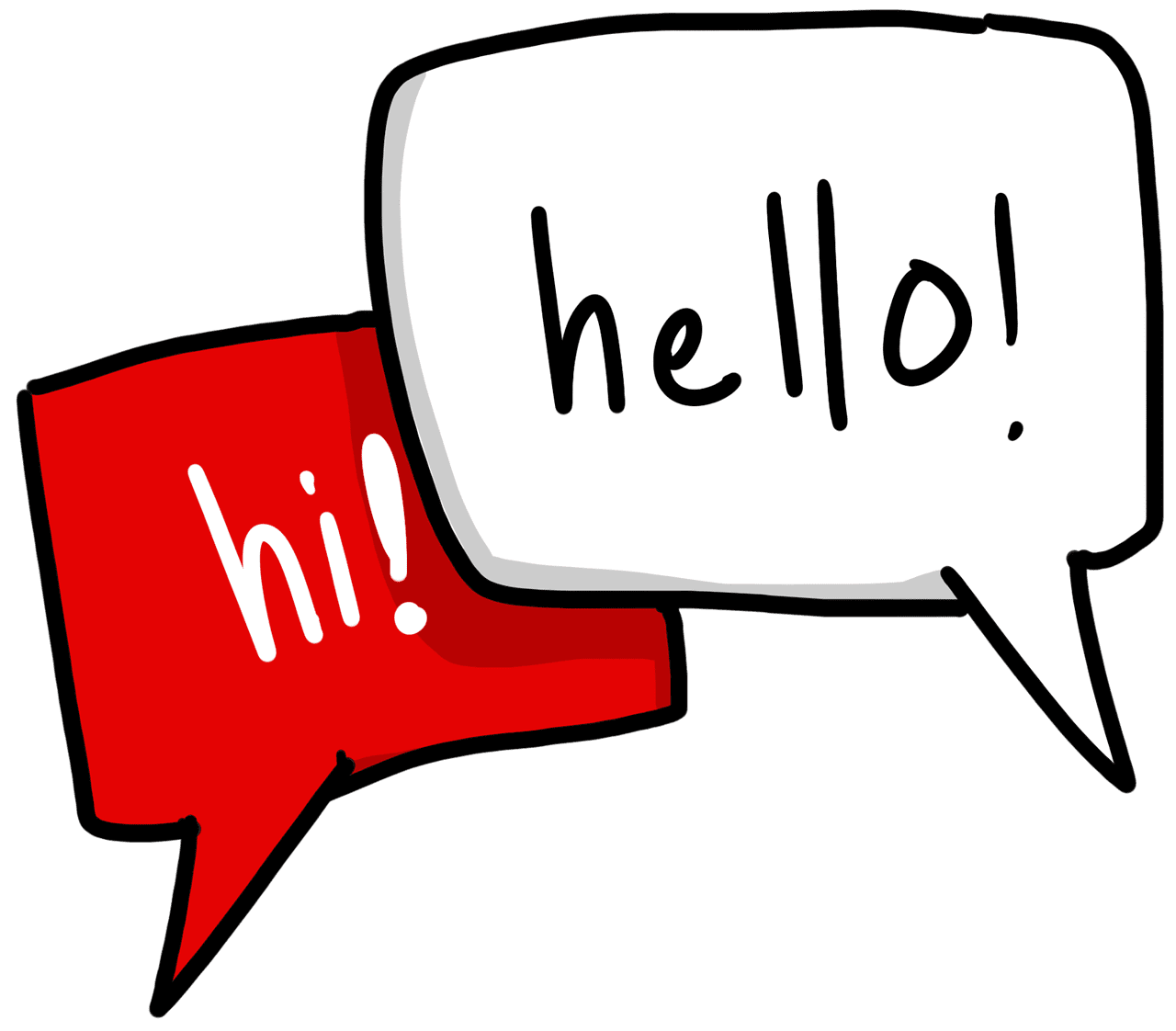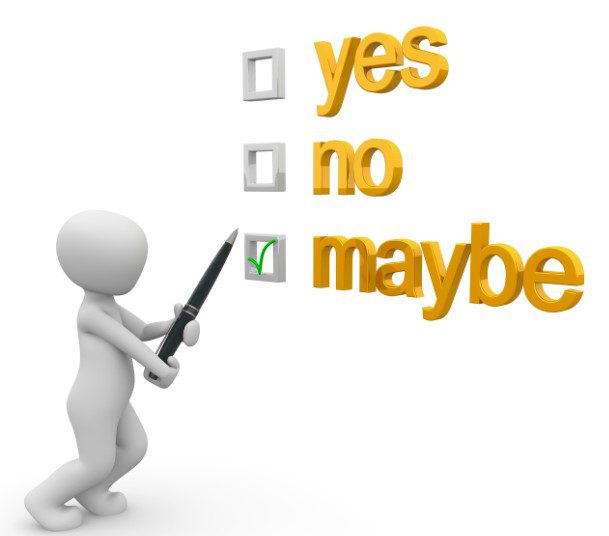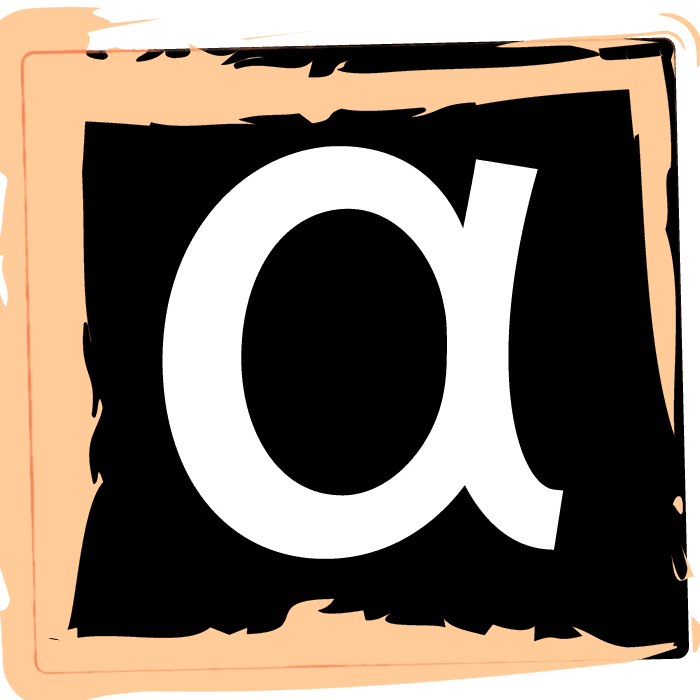In the 21st century, informal language has become the new normal. From social media to text messaging, it has become the standard way of communicating. This form of language has also become commonplace in educational settings, as championed by the young generations.
Formal language remains the expectation in academic writing and certain formal situations. In contrast, classrooms, online discussions, and social interactions tend toward informal language. This form of communication takes place between teachers and students, as well.
But why has this happened, and what are the advantages and disadvantages of using this type of language?
In this article, we will explore these questions and more.
What is informal language anyway?
Informal language is a type of language that is casual, relaxed, and conversational. It pops up everywhere in everyday situations – social media, texting, chats with friends and family, you name it.
This language can include slang, idioms, colloquialisms, contractions, and other expressions that may not be used in formal or professional settings.
It is generally less structured and more spontaneous than formal language. It does not always follow strict grammatical rules.
Some examples include:
- “Hey, what’s up?”
- “That was lit!”
- “I gotta go to work.”
- “Wanna grab some food?”
- “That’s so cool!”
The Advantages of Informal Language
1. Increased Engagement
Informal language can increase engagement with those you communicate with. By using colloquial language and phrases that people use in their everyday lives, you can make your content more relatable and interesting.
2. Greater Accessibility
It can make content more accessible to a wider audience. People who are not fluent in English or who have difficulty understanding complex language may find it easier to understand, especially if it is from the same locality.
3. Allows for Personal Expression
Informality allows for more personal expression. By using slang, idioms, and other colloquialisms, you can inject your personality and voice into your content, making it more authentic and engaging.
4. Makes Content Easier to Understand
It can make complex concepts easier to understand. By using simple, everyday language, you can break down complex ideas and make them more accessible to your audience.
5. Helps Build Connections with the Audience
Informal language can help build connections with your audience. By using language that your audience is familiar with, you can establish a rapport and build a relationship with them.
Where do we see informal language in popular contexts?

Informal language might not fly in every situation, but for many people it has become a natural part of everyday communication. It is a powerful tool to boost engagement and build connections with others.
It is used in a variety of contexts, including:
1. Social Media Platforms
Social media platforms like Twitter, Instagram, and Facebook are prime examples of where this language is used. From hashtags to memes, social media is a place where informality thrives.
2. Emails
Even professional emails can benefit from the use of this language. By using simple language and avoiding jargon, you can make your emails more accessible and engaging.
3. Blogs and Online Content
Blogs and online content are perfect for informal communication. By using a conversational tone and injecting your personality into your writing, you can make your content more engaging and interesting to your audience.
4. Text Messages and Instant Messaging
Text messages and instant messaging are perhaps the most common places where informal language is used. From emojis to acronyms, it is an integral part of our digital communications.
5. Podcasts and YouTube Videos
Podcasts and YouTube videos are other situations where this language is used. By using a conversational tone and injecting humor into your content, you can make your podcasts and videos more engaging and interesting to your audience.
The Disadvantages of Informal Language

While there are many advantages to using informal language, there are also some disadvantages to consider, including:
1. It Comes Across as Unprofessional.
Certain contexts demand professional language, and informal speech can stick out as unprofessional there. For example, using it in a job interview or in academic writing may not be appropriate and could negatively impact your credibility.
2. Can Lead to Misunderstandings and Miscommunication
It can lead to misunderstandings and miscommunication. Slang and colloquialisms can be confusing for people who are not familiar with them, and this can lead to misunderstandings and confusion.
3. May Not be Appropriate for Certain Situations
This language may not be appropriate for certain situations, such as when communicating with people from different cultures, backgrounds, or even children. In these situations, using formal language may be more appropriate and respectful.
4. Can Negatively Impact Credibility and Authority
Using informal language can negatively impact your credibility and authority, particularly in professional contexts. People may perceive you as less knowledgeable or trustworthy if you use it inappropriately.
Conclusion
In conclusion, informal language has become the new normal in the 21st century for a variety of reasons. It boasts advantages like boosting engagement and making things more accessible. However, it also comes with drawbacks like appearing unprofessional or causing misunderstandings.
It is important to balance the its use with maintaining professionalism and appropriateness for the context.
FAQs
Q: How do I know when it’s appropriate to use informal language?
A: It depends on the context. In general, it is more appropriate in casual, social situations and less appropriate in professional or academic contexts.
Q: Will using informal language negatively impact my professional reputation?
A: It can, particularly if used inappropriately or excessively. It is important to consider the context and audience before using it in professional settings.
Q: Can informal language be used in academic writing?
A: It depends on the academic discipline and the specific assignment. In some cases, it may be appropriate, while in others, formal language may be required.
Q: How can I balance using informal language while still maintaining professionalism?
A: It is important to consider the context and audience before using informal language. Using it sparingly and appropriately can help balance it with maintaining professionalism.
Q: Are there any industries where informal language is never appropriate?
A: Yes, there are certain industries and professions where formal language is always expected, such as law, medicine, and academia. It is important to research and understand the expectations of your particular industry or profession.





Leave a Reply